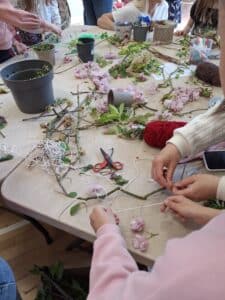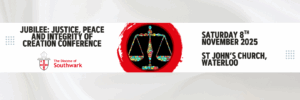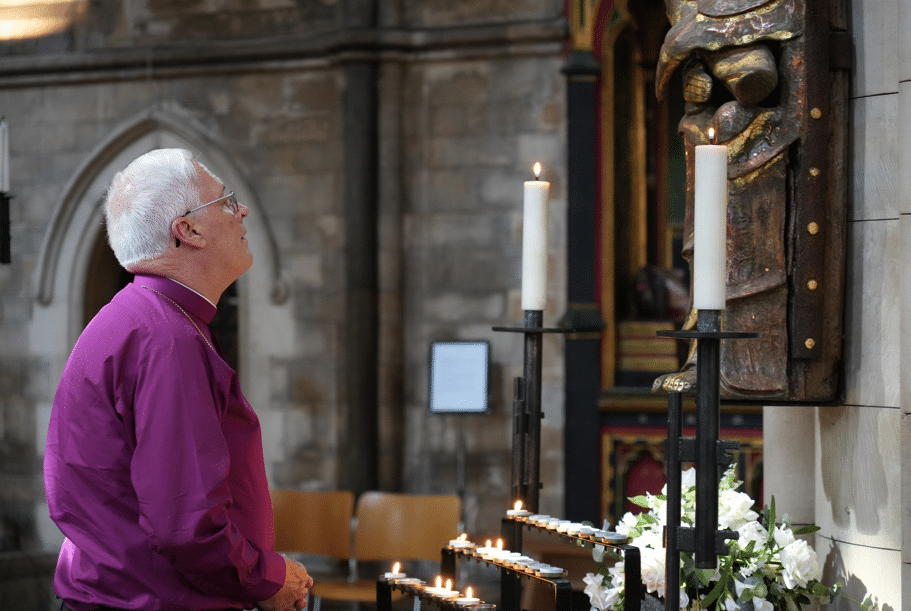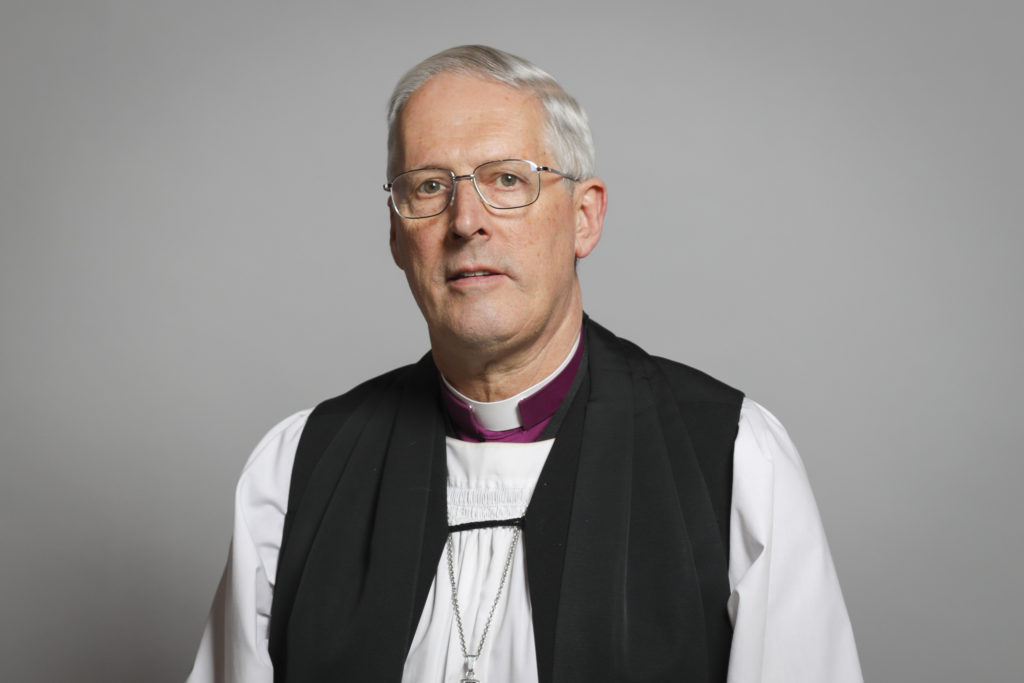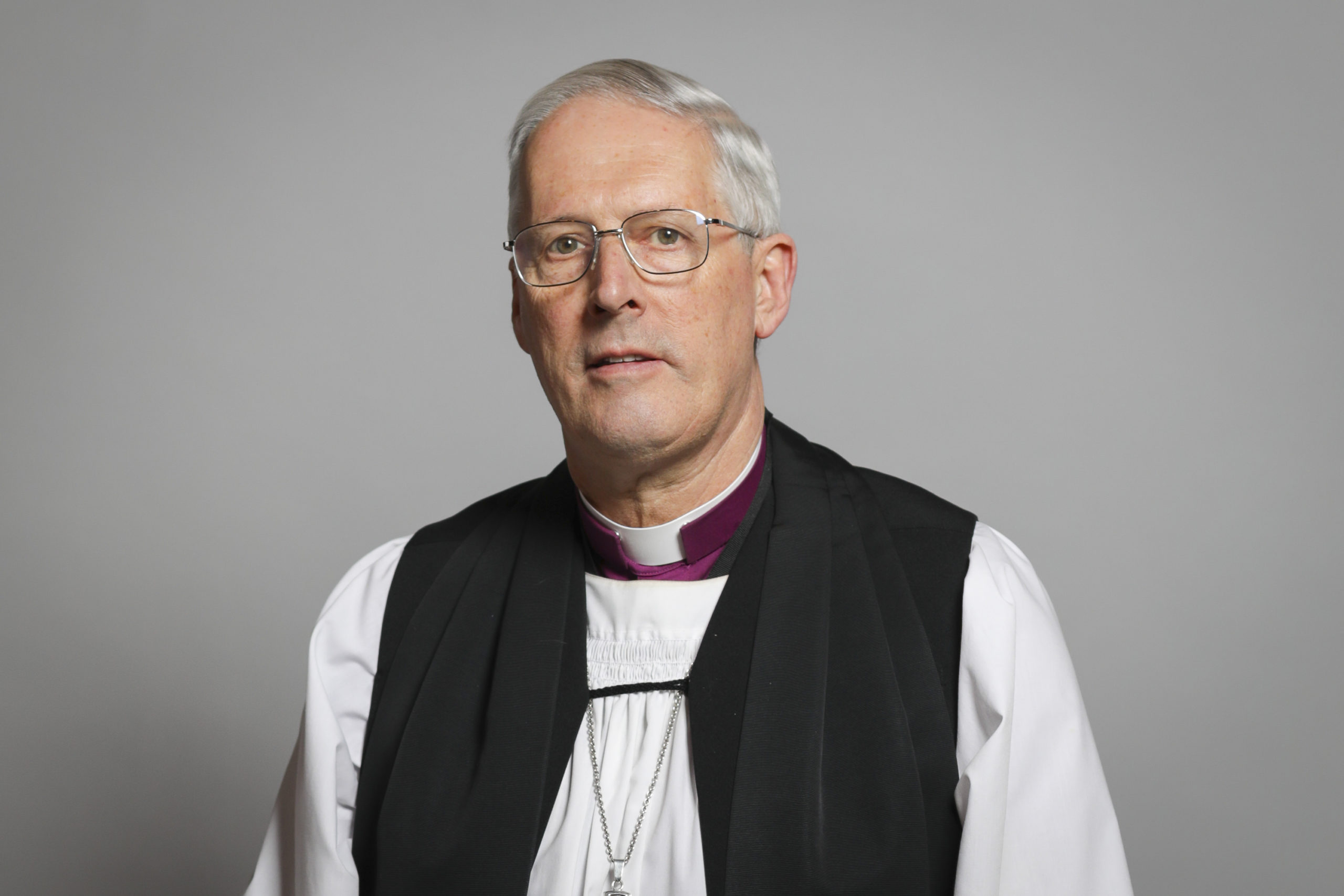If you are worried about fuel poverty in your community this winter, you might be thinking of Setting up a “Warm-Bank” in your church/ hall/ community. Here are some things to think about, some principles (from Jubilee Plus who have kindly allowed us to use them https://www.jubilee-plus.org/blog/1160/warm-banks-six-principles-to-consider/), and some practical steps to take.
Throughout it all, we want to avoid any stigma to be attached to those who may be seeking help. We want to create places where people feel genuinely welcomed and want to visit. So, you may want to think about how genuine community can be built as you gather.
Warm-Spaces
Churches have got the buildings and some of them are even warm. Yet, is responding to this problem as simple as creating ‘warm banks’?
As well as campaigning for fairer systems and more affordable cost of living, the best efforts of churches lie in how we place community at the heart of how we respond.
Survival mode
Part of the pandemic legacy has left many churches in survival mode. We’ve learned to function in the space of immediate need and response. Many of us are still recovering and are still exhausted.
With growing need, paying attention to our wellbeing is vital. Finding sustainable responses is a key part of this.
Many churches are tiring of models of social action that simply add an extra layer of welfare provision to our creaking system. When the focus is too much on need, it can fail to offer any social or spiritual transformation.
Building on assets
A number of churches have found more resonant approaches in asset-based community development; a model that honours the gifts and skills of each person.
This form of approach is harder to do than simply giving out material resources. It requires cultivating assets and drawing out the strengths of others. It puts the strengths of people and communities at the centre, rather than their deficits or needs.
6 principles of participation
- Remember these forms of poverty are a chronic issue. This makes our response different to that of a crisis. It means we must think about the sustainability of our response. If we predict these interventions are still needed in 3 years time how would that change what we do?
- Think beyond food and warmth. We must consider how any response creates opportunities for building reciprocity. Let’s view those we seek to help as participants rather than passive recipients. In turn, that will lead us to grow places to meet, eat and create with others. We have far more than a building! We can offer something better than spending time at Wetherspoon’s.
- Think collaboratively. Start conversations about this now. This is a nationwide problem and is going nowhere. Talk to others in and outside church who are concerned. Coordinate and work in partnership where possible.
- Be mindful of power. Everyone likes to see themselves as a problem-solver and the hero of a situation; and the Church is no different. But I don’t like feeling as if I’m ‘a problem to be fixed’; no-one does. At a time when people’s dignity is being stripped, create opportunities for sharing skills and time, so we are tackling this issue together.
- Make it a place of participation. This is different to just hosting. It’s less ‘How can we help?’ and more, ‘Great to see you. Can you help put out the chairs?’ Make the bar to contribute as low as possible.
- Think ‘how can people bring their gifts?’ Games, workshops, music, activities? Think wellbeing and mental health.
Welfare or community?
Giving out resources to meet needs is easier than properly involving people. But too often, these approaches fuel the problem rather than address the root causes. It is worth thinking carefully as to what you most want to do: distribute welfare or build community?
Building community means developing strong relationships and a shared vision to co-create a different kind of space. This approach is costly in terms of time and effort but it often leads to richer relationships and transformation.
Givers and receivers
There is huge value in running community initiatives in congruence with the outcomes you are hoping for. Community is hard and messy, but mutuality and participation honour the God-given dignity that everyone has.
If we do this well, we show that our churches are places where we all get to take part, as both givers and receivers. In doing so, we reflect the grace and truth that God offers everyone.
————————————–
Some Practical Steps to Take
So, can you…?
- Pray with others for God’s leading and guiding in this endeavour. How does this initiative shape/ reshape the focus of the church
- Contact your local school/ library/ G.P surgery/ neighbouring church/ faith group etc to find out what they are thinking/ doing.
- Contact your Local Authority and/or local councillor to find out what they know/ can offer.
- Consider how you might identify what the key needs and times are in the community.
- Start small and sustainable. Signpost to other groups so that your offering is part of a larger response (across the diocese and borough).
- Design some literature/ use some pre-designed templates to tell people what is on offer.
- Consider how you might time your warm space to maximise the benefit of a church/ hall space you have that is already warm e.g. after a morning service or existing toddler group.
- Think about volunteering/ partnering with a group that is already launching an initiative in your locality.
- Gather information about other local initiatives such as food banks or pantries so that you can signpost people to other services that they might need.
- Ensure that people can bring their gifts and ideas so that people can be participants in building community and meeting needs. Consider registering as a ‘Place of Welcome’ (https://www.placesofwelcome.org.uk/)
- Let your archdeacon and [email protected] know what you have started/ are planning to start. That way, we map the initiatives and share best practice as we learn together.
- Tell us of any case studies or examples where groups/ churches have launched such venues.
- Join a national movement: pledge your organisation as a Warm Welcome space at www.warmwelcome.org.uk and receive support and information about opening as a warm space this winter.
This information is also available on our website at www.southwark.anglican.org and will be updated as more information, such as funding opportunities, becomes available. Please check back there or contact us at [email protected] if you have any questions or stories to offer.
September 2022






